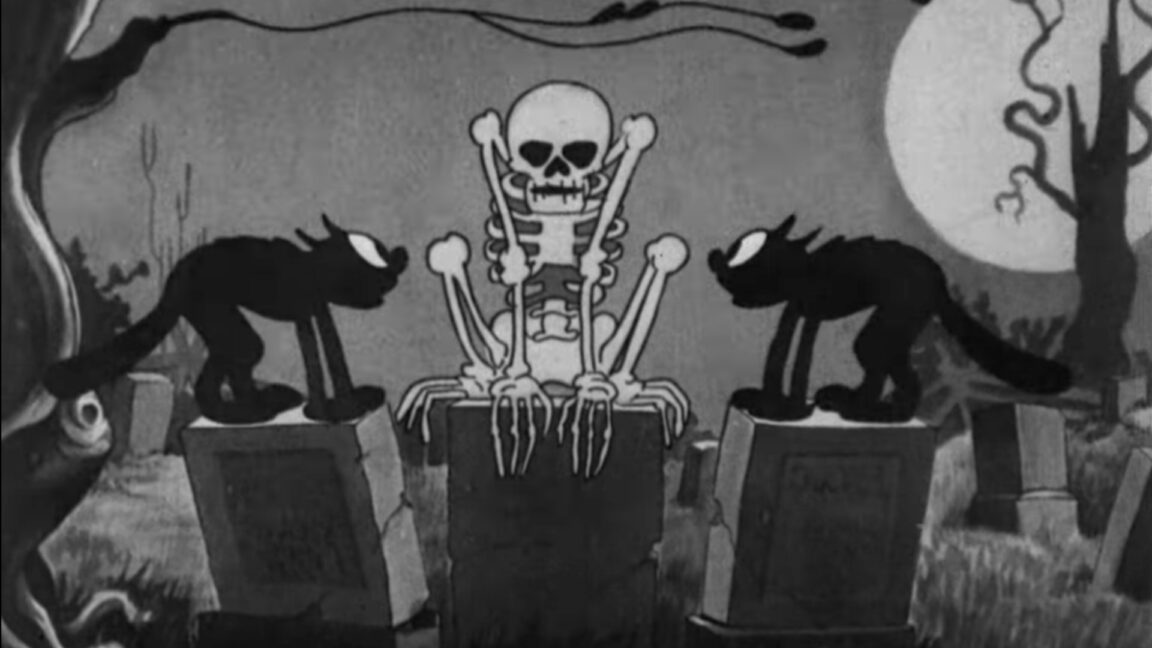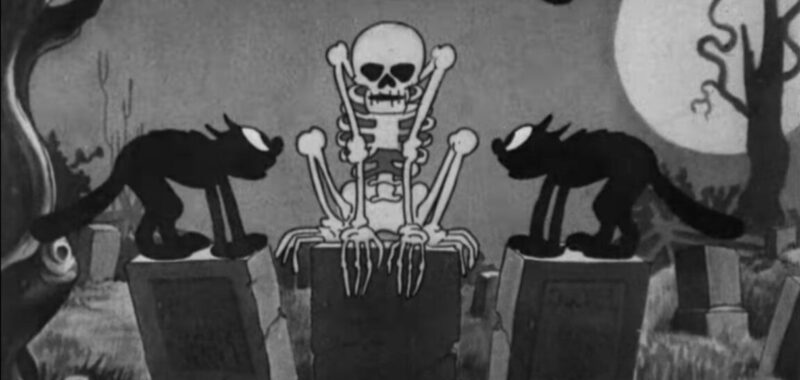
It’s January, and for people in the US, that means the same thing it’s meant every January since 2019: a new batch of previously copyrighted works have entered the public domain. People can publish, modify, and adapt these works and their characters without needing to clear rights or pay royalties.
This year’s introductions cover books, plays, movies, art, and musical compositions from 1929, plus sound recordings from 1924. Most works released from 1923 onward are protected for 95 years after their release under the terms of 1998’s Sonny Bono Copyright Term Extension Act. This law prevented new works from entering the public domain for two decades.
As it does every year, the Duke University Center for the Study of the Public Domain has a rundown of the most significant works entering the public domain this year.
Significant novels include Ernest Hemingway’s Farewell to Arms, the first English translation of Erich Maria Remarque’s All Quiet on the Western Front, Agatha Christie’s The Seven Dials Mystery, Virginia Woolf’s A Room of One’s Own, and William Faulkner’s The Sound and the Fury.
Many of the films on the list showcase the then-new addition of sound to movies, including the first all-color feature-length film with sound throughout (Warner Bros.’ On With the Show!) and the first films with sound from directors like Cecil B. DeMille and Alfred Hitchcock. Buster Keaton’s final silent film, Spite Marriage, is also on the list. Musical compositions include notables like Singin’ in the Rain and Tiptoe Through the Tulips.
On the Disney front, we get the Silly Symphony short The Skeleton Dance, as well as a dozen more Mickey Mouse shorts. These include the first films to depict Mickey wearing white gloves and the first to show him talking—as we covered last year, it’s only the 1920s-era versions of these characters who have entered the public domain, so each new version is significant for people looking to use these characters without drawing the ire of Disney and other copyright holders.

